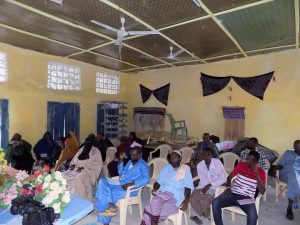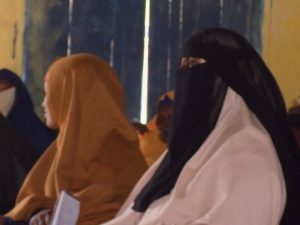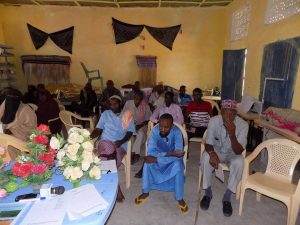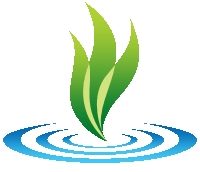Care Waamo Organization has organized a three days’ seminar in Dhobley from 19 march to 22 march 2018. The organizations have obligation to organize seminars in the Lower-Jubba districts of Kismayo, Dhobley and Afmadow. It is part of the project Planning to reduce the impacts of droughts in Lower-Jubba region. Which is part of a major project called National adaptation planning activities (NAPA) in Somalia. The aim is to train 60 voluntary activists and they will influence the wider community and will meet 600 people in the region. The participants came from different parts of Dhobley district and they were selected from different categories from the society. Some of them were representing youth organizations, women organizations, and society leaders. The majority of participants came from the surrounding villages to Dhobley and most of them were pastorals and small farmers from surrounding villages.


Care Waamo Organization is a local development Organization and operates in the Jubbaland areas. The organization has many and different developmental activities in all Lower-Jubba region. Care Waamo coordinate with Waamo Social Development Organization which is registered in Sweden and the two organizations work with a lot of different developmental projects. This particular project was funded by the Swedish International Development Agency (SIDA) via Forum Syd. Forum Syd is another Swedish aid organization which is facilitates aid and representing SIDA.
During the seminar the attendants had learned ways to make preparations to mitigate the impacts of the drought and the responses of the drought when it occurs. The activities focused how to make drought plans, how to conserve water, how to building dams, how to build wells and other water structures. Other topics were how to contribute environmental protection and how to make conflict resolution when preparing plans. The hope is when those activities are done, it will certainly lead the desired change on how to survive if drought occurs. When the participants finish their seminar they are expected to return to their villages and spread the techniques they have learned during the seminar and try to make social change on how to make preparations to droughts.

